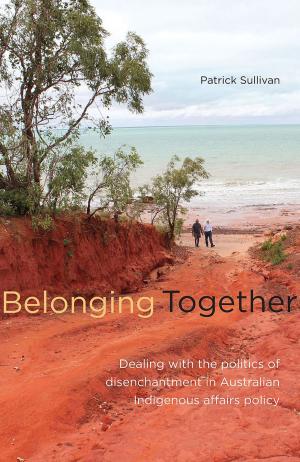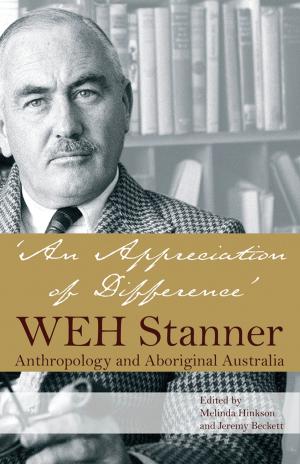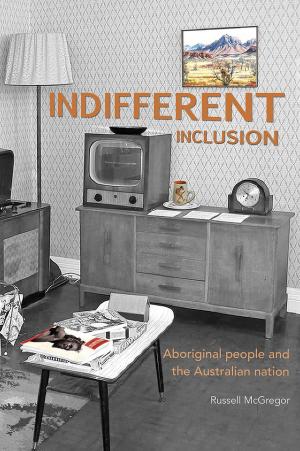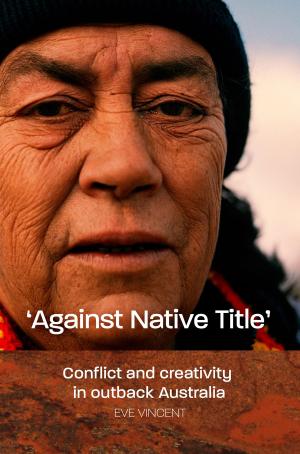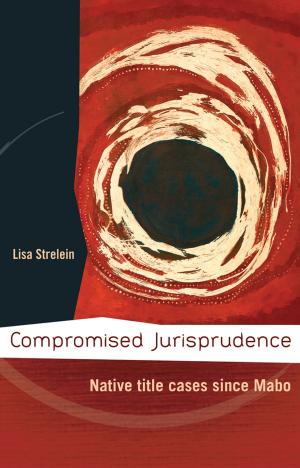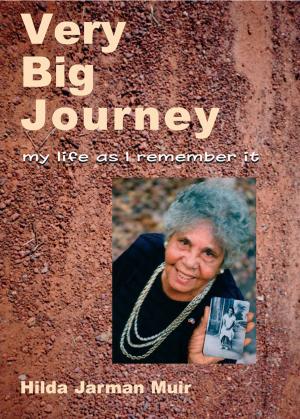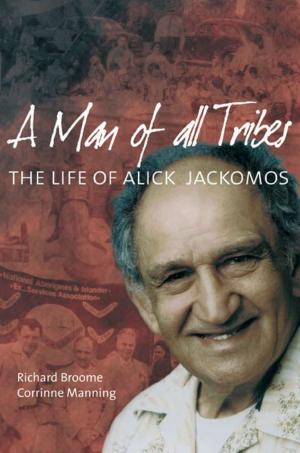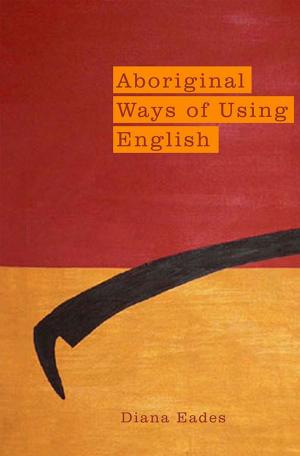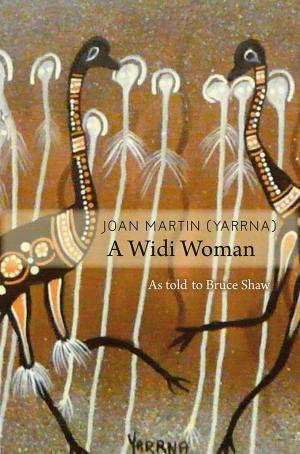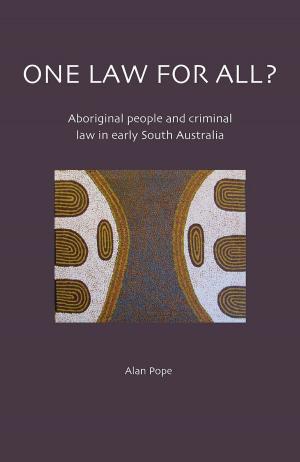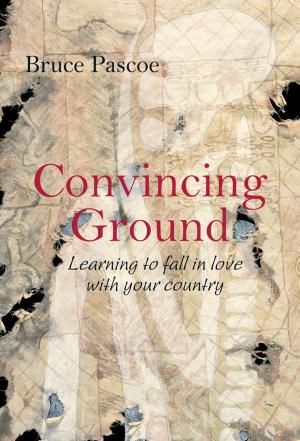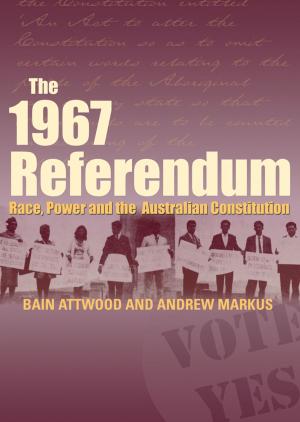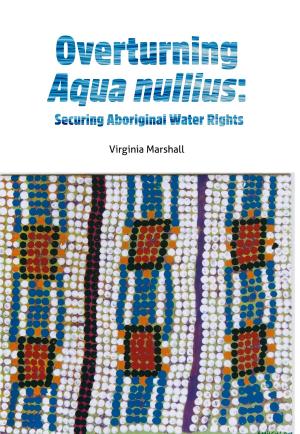Rethinking Social Justice: From 'Peoples' to 'Populations'
Nonfiction, History, Australia & Oceania, Social & Cultural Studies, Social Science| Author: | Timothy Rowse | ISBN: | 9781922059185 |
| Publisher: | Aboriginal Studies Press | Publication: | November 1, 2012 |
| Imprint: | Aboriginal Studies Press | Language: | English |
| Author: | Timothy Rowse |
| ISBN: | 9781922059185 |
| Publisher: | Aboriginal Studies Press |
| Publication: | November 1, 2012 |
| Imprint: | Aboriginal Studies Press |
| Language: | English |
In the early 1970s, Australian governments began to treat Aborigines and Torres Strait Islanders as "peoples" with capacities for self-government. Forty years later, confidence in Indigenous self-determination has been eroded by accounts of Indigenous pathology, misplaced policy optimism, and persistent socio-economic gaps. This record accounts for this shift by arguing that Australian thinking about the Indigenous is a continuing, unresolvable tussle between the ideas of "peoples" and "population." Offering snapshots of moments in the last 40 years in these tensions are palpable — from honoring the heritage toquantifying the disadvantage and from acknowledging colonization’s destruction to projecting Indigenous recovery from it—this book not only if a settler colonial state can instruct the colonized in the arts of self-government, but also how could it justify doing anything less.
In the early 1970s, Australian governments began to treat Aborigines and Torres Strait Islanders as "peoples" with capacities for self-government. Forty years later, confidence in Indigenous self-determination has been eroded by accounts of Indigenous pathology, misplaced policy optimism, and persistent socio-economic gaps. This record accounts for this shift by arguing that Australian thinking about the Indigenous is a continuing, unresolvable tussle between the ideas of "peoples" and "population." Offering snapshots of moments in the last 40 years in these tensions are palpable — from honoring the heritage toquantifying the disadvantage and from acknowledging colonization’s destruction to projecting Indigenous recovery from it—this book not only if a settler colonial state can instruct the colonized in the arts of self-government, but also how could it justify doing anything less.

